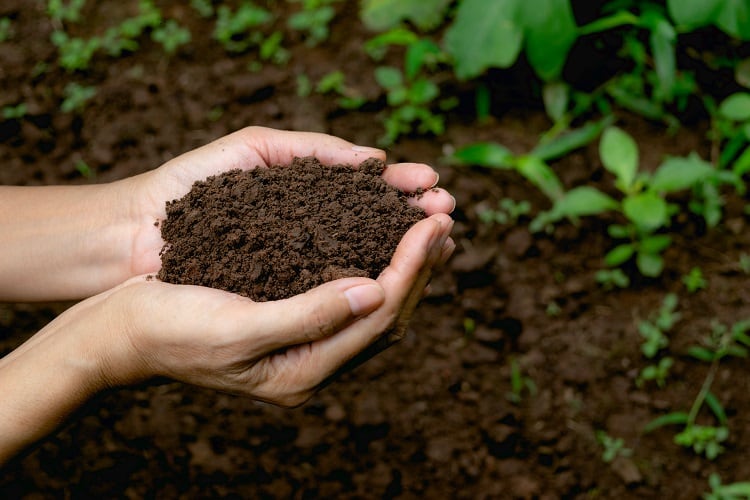Rewilding supports the restoring of ecosystems, from the free movement of rivers to natural grazing, habitat succession and predation, according to charity Rewilding Britain.
In the UK, the ‘rewilding’ concept has been gaining in popularity. Perhaps the best-known example of rewilded land can be found in England’s West Sussex, where since 2001, the 2,500-acre Knepp estate – which was once intensively farmed – is devoted to reinstating natural processes.
The concept has also been taken up by one of the world’s best-selling artists Ed Sheeran. In a recent interview with BBC Radio London, the British singer said he planned to offset carbon emissions by purchasing ‘as much land as possible’, and planting ‘as many trees as possible’.
If Ed Sheeran were a farmer, he may well be eligible to receive government incentives for his work. Under a new plan unveiled last month to restore 300,000 hectares of habitat, farmers are eligible to apply for government funding to support this effort.
Could the new scheme impact food production?
The new scheme has raised concerns amongst some farmers that setting cash incentives to rewild land could reduce local food production and increase imports, or conversely, encourage local intensive farming methods to produce cheap food.
The National Farmers Union (NFU), for example, has raised concerns that the scheme would lead to reduced food production in the UK.
“At a time when public support for British food and farming is at a high, our biggest concern is that these schemes result in reduced food production in the UK, leading to the need to import more food from countries with production standards that would be illegal for our farmers here,” noted Vice President Tom Bradshaw.
“This simply off-shores our production and any environmental impacts that go with it and would be morally reprehensible.”
However, perhaps the debate needn’t be centred around two clear-cut proposals, rewilding or farming, suggests Earthworm Foundation, an NGO that works with businesses to encourage more sustainable practices on the ground.
Focus on soil health
According to Earthworm Foundation CEO Bastien Sachet, efforts to sequester carbon are ‘always welcome’, but it is not necessary for rewilding to compete with farming in pursuit of this goal.
“Rewilding could start with rebuilding soil health, which hosts billions of species, and is the basis of both the animal and human food chains. With the Environment Agency calculating soil degradation in England and Wales costs £1.2bn every year, soil health, should be the key focus of farmers, environmentalists, businesses and government,” he told FoodNavigator.
Indeed, regenerative agriculture also helps biodiversity thrive, the NGO’s executive stressed.
“Biodiversity restoration is vital, so let us remember, you will not find more biodiversity anywhere on the planet than in healthy soil. In one handful, it’s estimated there are as many as 50,000 different species in which totals more life than humans on the planet.
“Then there are the humble earthworms. Darwin doubted if any other creature has played such an important part in the history of the world because of how they create and sustain soil by creating space for crops to grow.”
It is this biodiversity that allows us to grow food, store carbon and feed birds and other wild animals, Sachet continued.
Is there a benefit to food businesses?
Benefits in promoting biodiversity are not reserved for rewilding farmers alone, suggested the NGO. Regenerative agriculture also serves to benefit food makers.
“While farmers are at the forefront of this issue, we cannot expect them to shoulder all the responsibility to transition to new practices and restore soil health on their own. When brands, manufacturers and retailers put soil at the heart of their responsible sourcing efforts and support farmers, they can help secure agricultural supplies for the long-term and contribute to food security,” explained Sachet.
“Further investment is required to better understand soil health and restore it. But through collaboration we achieve this, reduce pollution, help meet food demand, store carbon and transform how we produce food.”




